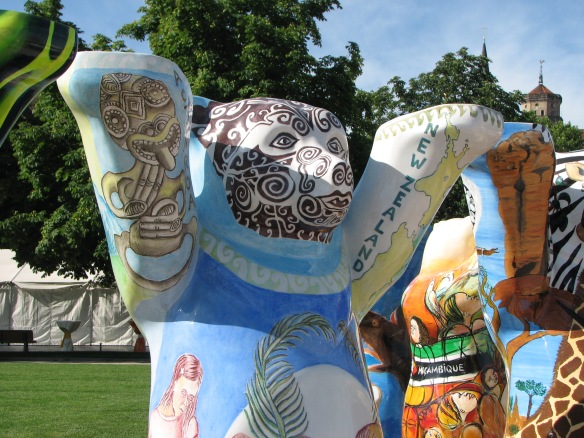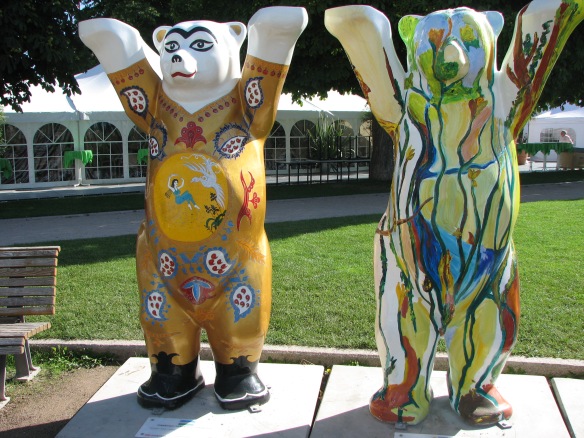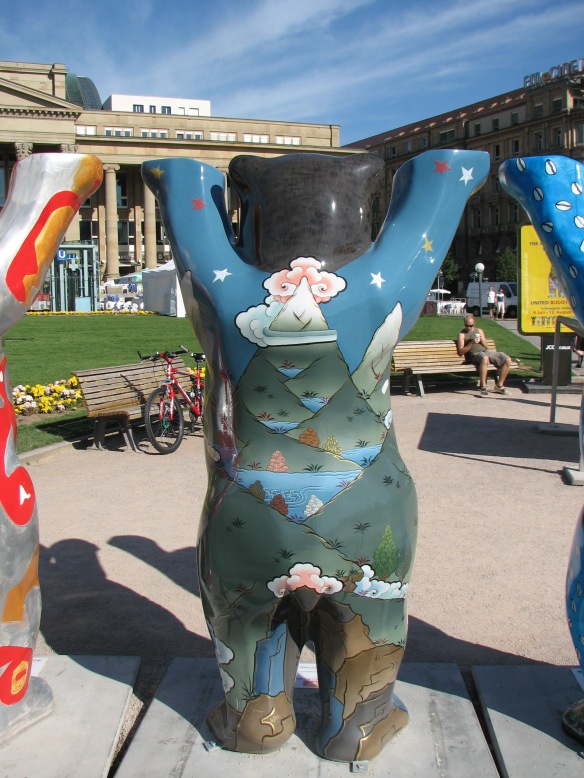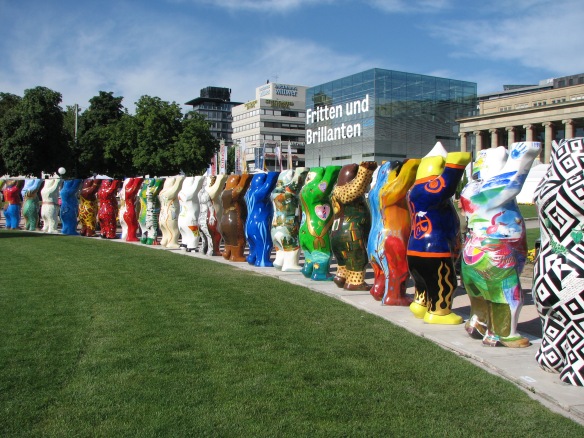This is installment #10 from my blog thread describing what to call groups of animals, more and more of them in danger of extinction … See how many you can guess. Answers listed at the bottom of the page.
- He parceled out food to the parcel.
- The bob bobbed.
- I added an herb bouquet to the cooking bouquet.
- The pack thinks this part of Australia should be called the Outpack.
- The pace set a slow pace.
- How the charm charmed me!


Answers:
- Parcel of pigs
- Bob of seals [1]
- Bouquet of pheasant [2]
- Pack of dingos [3]
- Pace of asses
- Charm of hummingbirds [4]


I’m beyond dismayed – I am furious. The Trump administration is gutting environmental protections. Volunteer. Take action. Speak up! Write letters, make phone calls, donate to organizations like the Environmental Defense Fund and Greenpeace.
NOTES: [1] The gray seal flourishes, while other species need protecting. The Japanese sea lion and the Caribbean monk seal have not had confirmed sightings in the past 50 years and are considered extinct. The Galapagos fur seal, Hawaiian monk seal, Caspian seal, and Mediterranean monk seal are all endangered. The Mediterranean monk seal is currently considered the most at risk seal species. Seals World, IFAW [2] According to earthlife, pheasants are one of the most endangered groups of birds in the world. [3] The Australian dingo may become extinct. Bush Heritage [4] Ditto many hummingbird species. Hummingbird Society © Jadi Campbell 2025. All photos © Uwe Hartmann. To see more of Uwe’s animal photos and pics from our trips go to viewpics.de. Fun animal names from www.writers-free-reference.com, Mother Nature Network and www.reference.com.
I am a Best American Essays-nominated writer. My books are Broken In: A Novel in Stories, Tsunami Cowboys, Grounded, The Trail Back Out, and The Taste of Your Name. Recent awards include F

Follow this link for Amazon.com.







 The Pancake Rocks are eroded limestone rock formations, flat and compressed. The Tasman Sea has eroded them into blowholes and caves. It’s a great spot. We visited it for the first time 20 years ago… when the weather was cold and wet and rainy. We did manage to get a photo between showers.
The Pancake Rocks are eroded limestone rock formations, flat and compressed. The Tasman Sea has eroded them into blowholes and caves. It’s a great spot. We visited it for the first time 20 years ago… when the weather was cold and wet and rainy. We did manage to get a photo between showers.



 Yet another addition to my blog thread describing what to call groups of animals! … See how many you can guess. Answers listed at the bottom of the page.
Yet another addition to my blog thread describing what to call groups of animals! … See how many you can guess. Answers listed at the bottom of the page.



















